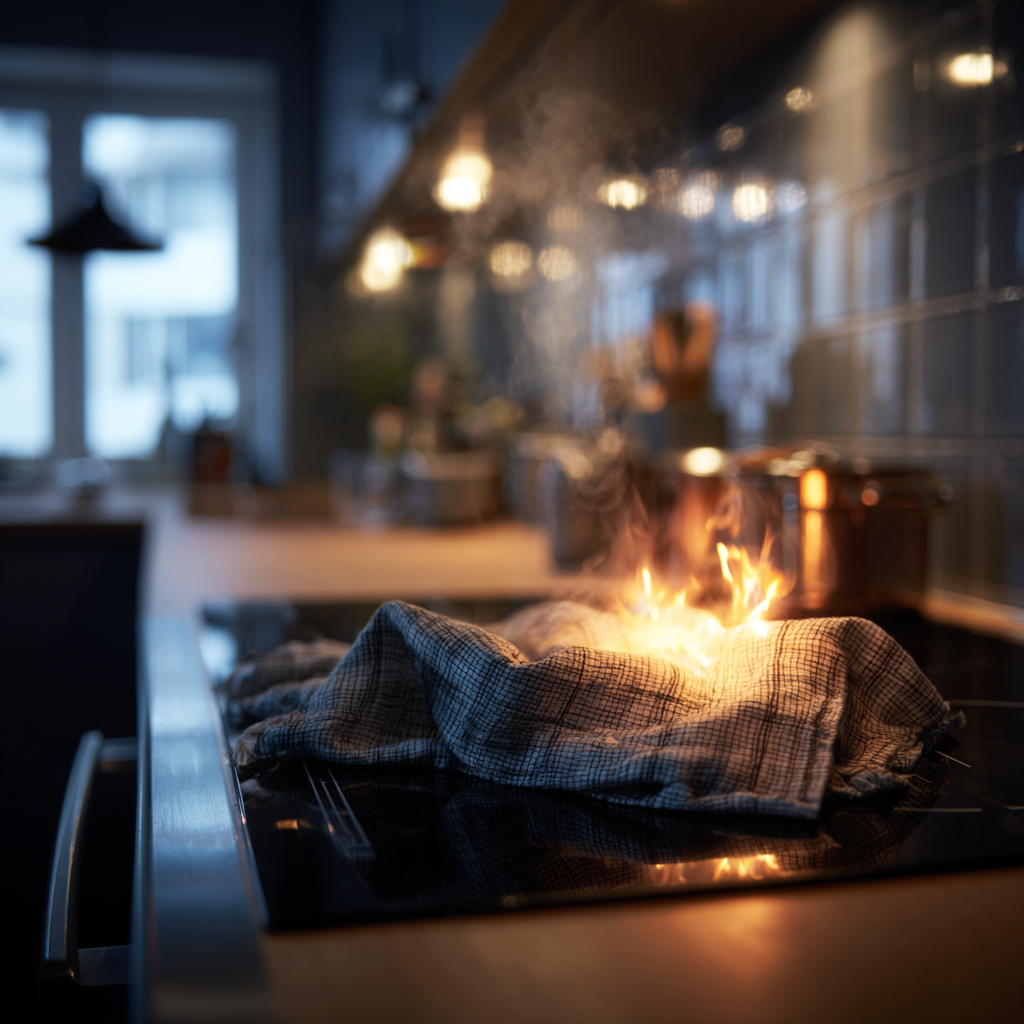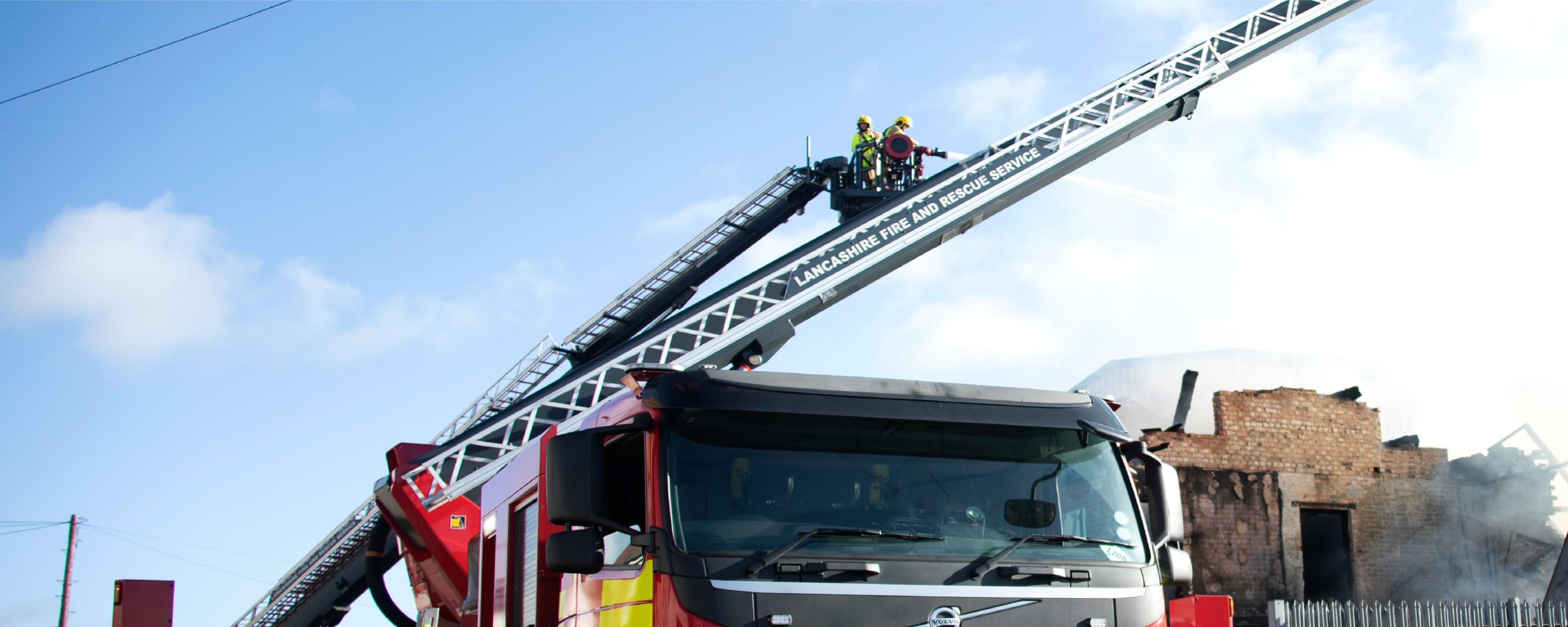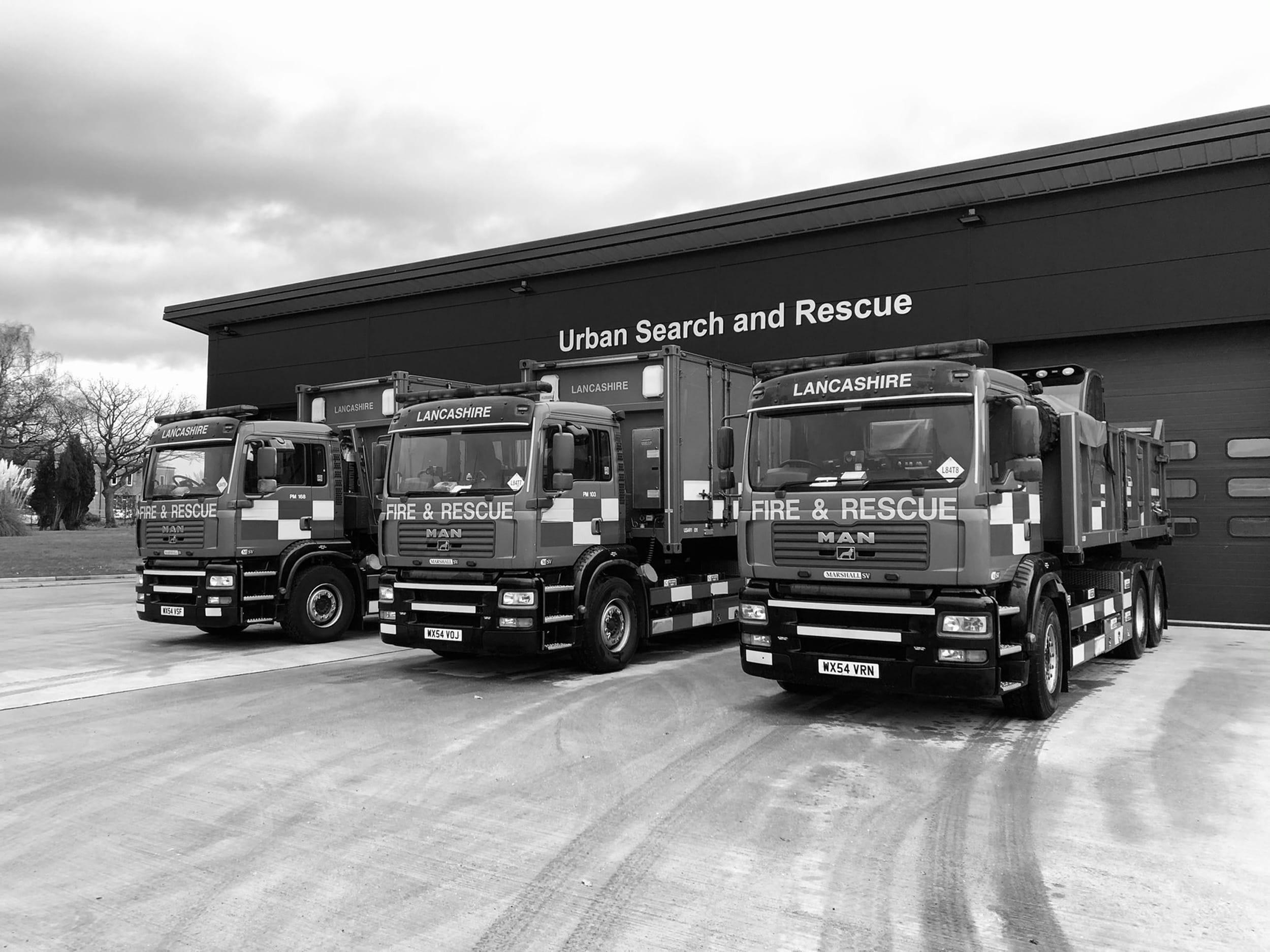
Firefighters warn of ongoing leading causes of cooking fires in Lancashire
Lancashire Fire and Rescue Service (LFRS) is reminding residents to think twice about what they’re placing on their hobs - even when they’re not cooking. Leaving items on the hob continues to be leading cause of cooking-related fires in the county.
In 2024, LFRS attended 290 cooking-related fires across Lancashire. Of these, 118 incidents were caused by items being left or placed on top of hobs - many of which were still warm or had been accidentally switched on. Distraction while cooking was the second most common cause, leading to 92 fires. Other contributing factors included the build-up of fat and oil (18 incidents), not using a timer (17 incidents) and faulty appliances (8 incidents).
While cooking remains the number one cause of accidental house fires in Lancashire, the way these fires start remains consistent - with hob misuse and distraction accounting for more than two-thirds of incidents.
Mark Warwick, Group Manager and cooking safety lead at Lancashire Fire and Rescue Service, said:
“We’re continuing to see too many fires caused by people placing shopping bags, washing baskets, chopping boards, or even paper towels on top of the hob. It only takes residual heat or an accidental knock of the dials to set something alight. Our message hasn’t changed: keep your hob clear at all times, not just when you’re cooking.”
He added: “Of course, staying present and focused while cooking remains crucial, but we also want residents to treat the hob as a potential fire risk at all times. A clean, clear hob and working smoke alarms are some of the simplest ways to stay safe.”
Lancashire residents are reminded to:
Never use the hob as a worktop or storage space
Clean hobs regularly to remove grease and oil build-up
Pay attention at all times while cooking
Install working smoke alarms and test them regularly
To find out more about how to protect your home visit: www.lancsfirerescue.org.uk/cooking
*Image is an AI generation of an incident based on a real Lancashire incident.







